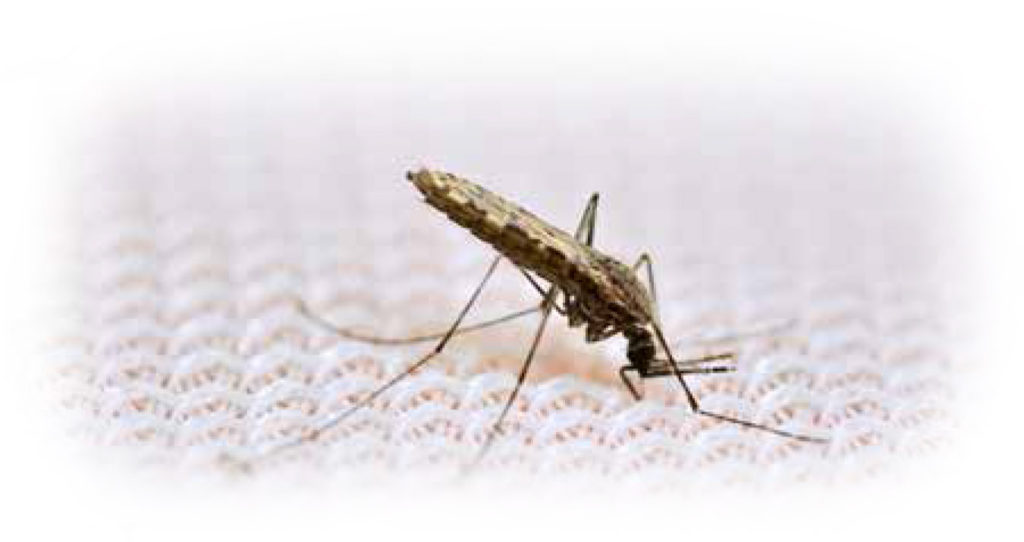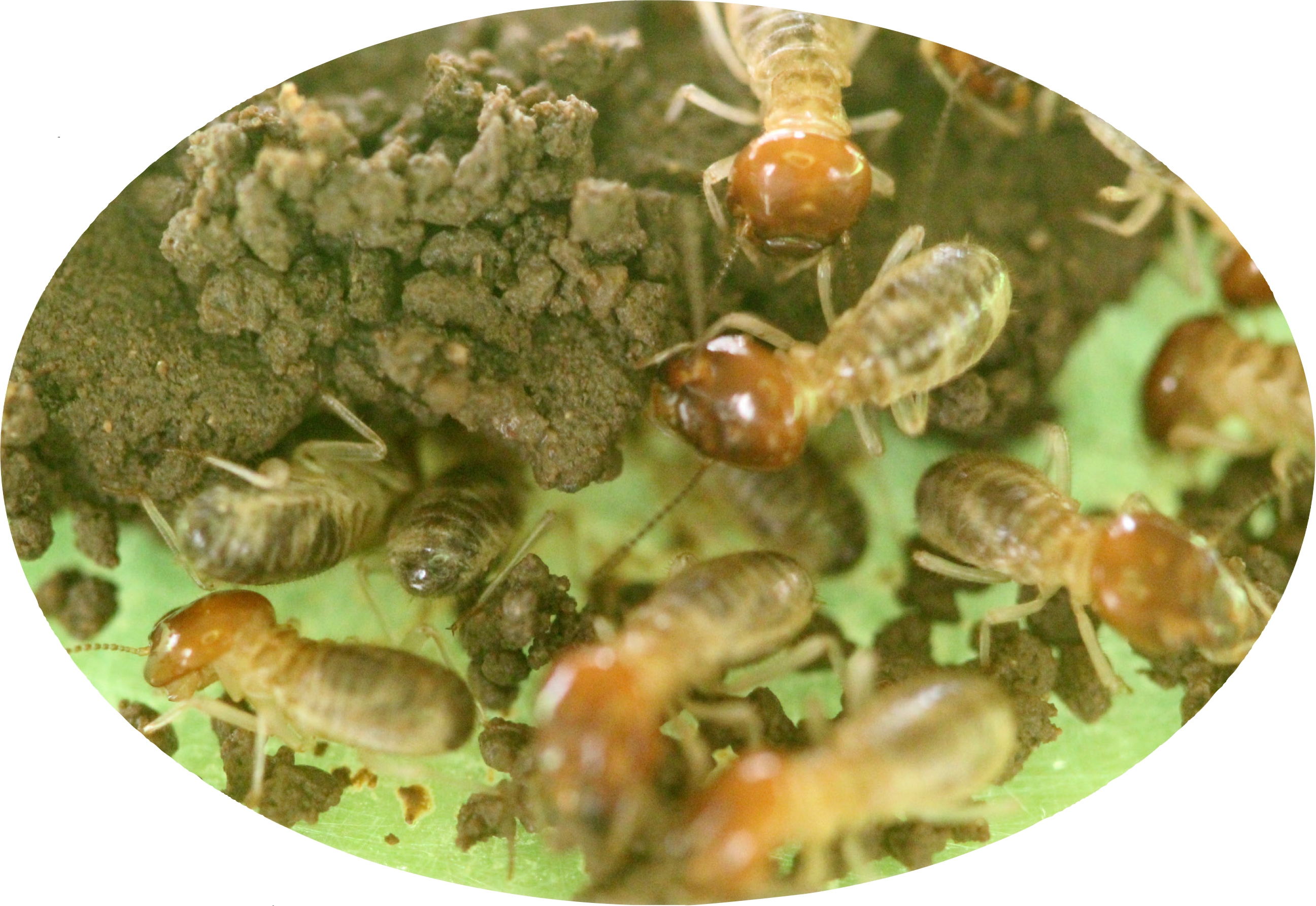Tuesday, February 11th
MCZ 101, 26 Oxford Street,
Harvard University
07:30 PM
Deadly cargo: How a mosquito’s impulse to reproduce drives human illness
Douglas Paton
Senior Postdoctoral Fellow
Harvard T.H. Chan School of Public Health

Anautogeny is the quintessential characteristic of mosquitoes. Whilst not unique to the Culicidae, blood feeding, which allows a female mosquito to provision a clutch of eggs with essential lipids and proteins, is the fundamental driver of a number of ancient and deadly human diseases. The apicomplexan protist Plasmodium falciparum – the causative agent of malaria – has hijacked this process for its own reproduction and dissemination, creating a quasi-symbiotic relationship where a female mosquito’s ability to successfully reproduce is intimately tied to its role as a vector of disease. Thus, mosquito mating and blood feeding behavior, reproduction, immunity and pathogen biology interact in complex ways to determine the transmission dynamics of human vector-borne diseases like malaria.
Here, we present an introduction to the biology of the major Afro-tropical malaria vector Anopheles gambiae sensu stricto Giles (Diptera, Culicidae) and its sibling species alongside the latest research from the Catteruccia lab and elsewhere demonstrating that mosquito mating, blood-feeding, egg development and malaria parasite transmission are intimately linked through the action of the steroid hormone 20-hydroxyecdysone (20E). Finally we discuss the state of the art in vector-targeted malaria control and recent developments in the field, including chemical interventions that directly target the malaria parasite during sporogony within the mosquito.
The talk is free and open to the public. The meeting is readily accessible via public transportation. Parking is available in the Oxford Street Garage with advance arrangement, as described here, or (usually but not always) at spaces on nearby streets. Everyone is also welcome to join us for dinner before the talk (beginning at 5:45 PM) at the Cambridge Common, 1667 Mass Ave., Cambridge.
CEC meetings are held the second Tuesday of the month from October through May. The evening schedule typically includes an informal dinner (5:45 to 7:15 PM) followed by our formal meeting (7:30 – 9:00 PM). The latter begins with club business and is followed by a 60-minute entomology related presentation. Membership is open to amateur and professional entomologists.



